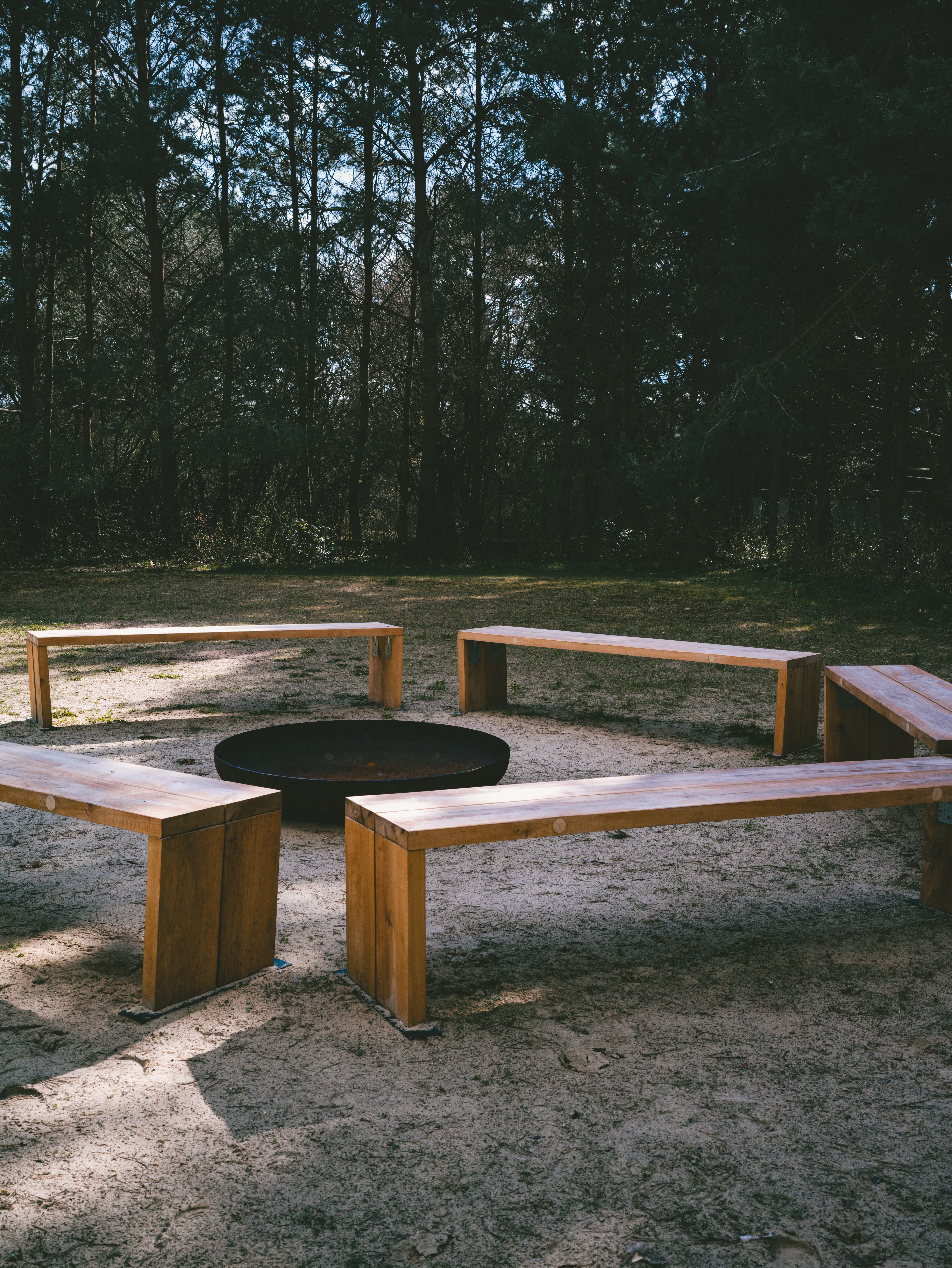Camping is a wonderful way to connect with nature and unwind from the hustle and bustle of daily life. However, with the privilege of enjoying the great outdoors comes the responsibility of preserving it for future generations. In this guide, we'll explore essential camping tips that prioritize safety and adherence to Leave No Trace principles, ensuring a memorable and eco-friendly outdoor experience.
Safety First: Camping Tips for Your Well-being
Plan Ahead:
- Research the camping area, including terrain, weather conditions, and wildlife. Know the rules and regulations of the park or campground.
- Share your itinerary with someone who isn't joining the trip and establish a check-in system.
Pack Appropriately:
- Ensure you have the right gear for your camping destination and season. Dress in layers and prepare for various weather scenarios.
- Bring a well-stocked first aid kit and any necessary medications.
Campsite Selection:
- Choose a designated campsite whenever possible to minimize your impact.
- Avoid setting up camp near water sources or wildlife habitats to prevent disturbances.
Fire Safety:
- Check for fire bans or restrictions before setting up camp.
- Use designated fire rings or camp stoves for cooking. Never leave a fire unattended, and fully extinguish it before leaving.
Wildlife Awareness:
- Keep a safe distance from wildlife and never feed them. Feeding wildlife can disrupt their natural behavior and harm them.
- Store food and trash securely to prevent attracting animals to your campsite.
Stay Hydrated and Nourished:
- Carry an adequate supply of water and refill it as needed from approved sources.
- Pack nutritious food to keep your energy levels up during your camping adventure.
Leave No Trace Principles: Minimizing Your Impact
a. Plan Ahead and Prepare:
- Plan your meals and waste disposal methods.
- Choose appropriate equipment to minimize resource consumption.
b. Travel and Camp on Durable Surfaces:
- Stick to established trails and campsites.
- Avoid trampling on fragile vegetation.
c. Dispose of Waste Properly:
- Pack out all trash, leftover food, and litter.
- Use established restroom facilities or follow the proper disposal method for human waste.
d. Leave What You Find:
- Preserve the environment by not picking flowers, disturbing rocks, or removing historical or cultural artifacts.
e. Minimize Campfire Impact:
- Use a camp stove for cooking to reduce the need for fires.
- If fires are allowed, use established fire rings, keep them small, and burn only small sticks and twigs.
f. Respect Wildlife:
- Observe animals from a distance and do not approach or feed them.
- Store food securely to prevent wildlife from becoming accustomed to human food sources.
g. Be Considerate of Other Visitors:
- Keep noise levels down, especially during quiet hours.
- Yield the trail to others, and practice good trail etiquette.
Camping is an incredible way to enjoy the beauty of nature, but it comes with a responsibility to protect and preserve our outdoor spaces. By following safety guidelines and adhering to Leave No Trace principles, you can ensure your camping trips are not only enjoyable but also respectful of the environment and other outdoor enthusiasts. Embrace these practices, and you'll contribute to the conservation of our natural treasures for generations to come.


